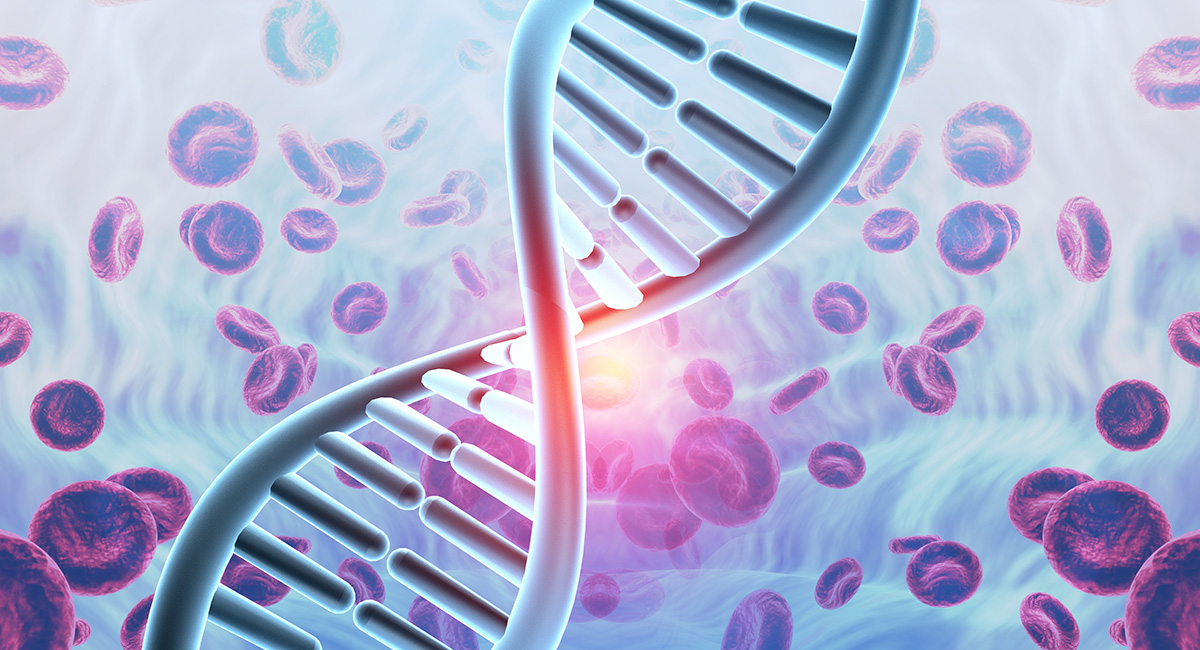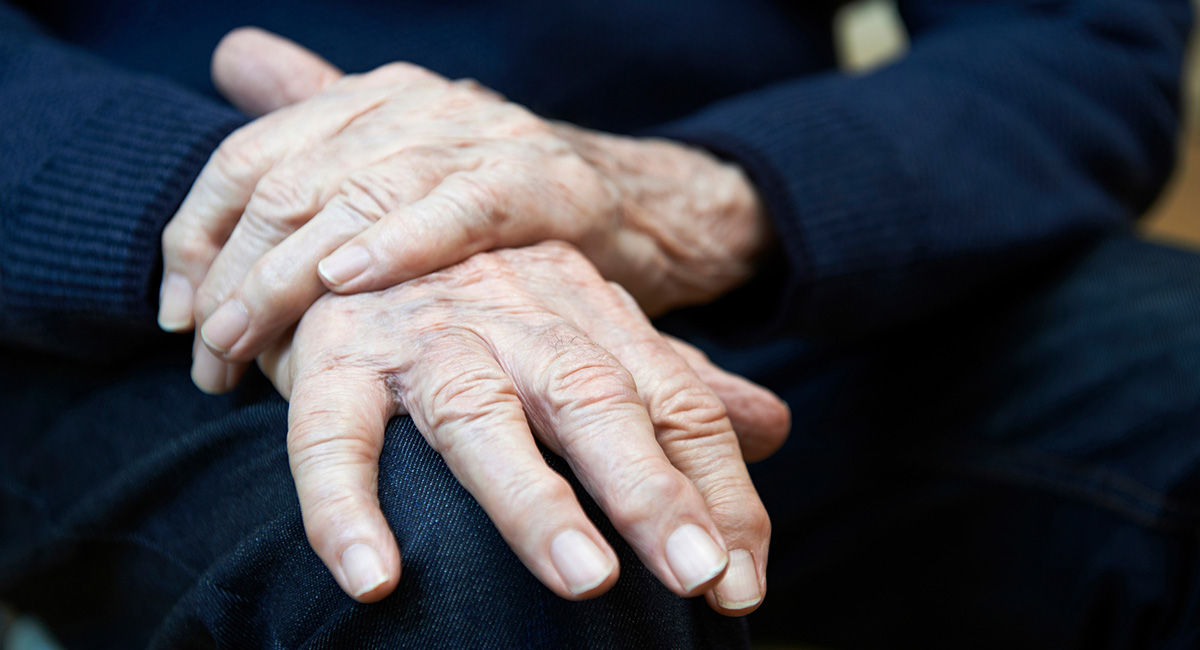Bowel cancer is the second biggest cancer killer in New Zealand (lung cancer holds first place), but it doesn’t need to be as it is one of the cancers that, if caught early, can usually be treated successfully.
New Zealand has one of the highest bowel cancer rates in the world with over 1200 people dying every year of the disease. Scientists are still unsure why this is – it has been raised that our love of red meat, processed foods and foods that are high in animal fat could be contributors. There are other risk factors to developing bowel cancer such as drinking alcohol, smoking, being overweight, a diet low in fruit and vegetables, inflammatory bowel disease, and lack of exercise as well as genetic factors.
What Are The Symptoms
While bowel cancer is more common in people over the age of 60 years, it can be found in people much younger. It is very important if you have any of the following symptoms to get them checked by your doctor:
- a change in bowel habits
- rectal bleeding
- a lump or mass in the abdomen
- anaemia
- severe abdominal pain
- feeling tired for no reason
- losing weight without trying.
Who Has An Increased Risk?
Certain people have an increased risk of developing bowel cancer. It is more common in people over the age of 60, and in men rather than women. People with a strong family history of bowel cancer or known or suspected genetic bowel cancer syndrome are at greater risk, as are people who have an inflammatory bowel disease such as ulcerative colitis.
What Can I do To Prevent Bowel Cancer?
Like with any cancer prevention, healthy lifestyle choices can make a difference to your chance of developing this disease. Eating a diet that is rich in vegetables, fruit, legumes and whole-food, and limiting red and processed meats is important. Don’t smoke, limit alcohol intake, take part in regular exercise and choose foods that are low in salt, sugar and saturated fats. Drink lots of water, choose low-fat options for yoghurt, milk and cheese, and choose lean cuts of red meat, along with poultry and fish to base healthy meals around.
National Bowel Screening Programme
Sometimes there are no warning signs for bowel cancer and regular bowel screening is a way to find and treat bowel cancer when it is in its early stages. New Zealand has a free national bowel screening programme (NBSP) for early detection of bowel cancer, for eligible Kiwis aged 60 to 74. This will be lowered to 58 across the country by March 2026. Some regions are offering bowel screening from the ago of 50 for Māori and Pacific Peoples as part of a two-year learning pilot.
The screening is offered every two years. People are sent a testing kit that they can undertake at home, then send away to be tested. The kit detects traces of blood in your bowel motions, which can indicate that you have bowel polyps (pre-cancerous growths) or bowel cancer.
You are notified of your test results and if the test is positive you will need to undergo extra screening to investigate why. This procedure is called a colonoscopy, where a tiny camera on the end of a long tube is inserted into your bowel. The camera is able to find polyps or cancer, and even remove the polyps during the procedure.
If you are found to have bowel cancer, you will be referred to a specialist. Surgery to remove the cancer is usually the first step of treatment and this may be followed by chemotherapy or radiotherapy if needed. This treatment for bowel cancer is free through the public health system.
Advocate For Your Own (Bowel) Health
It is very important to remember that there is a much greater chance of successful treatment if bowel cancer is detected in the early stages. Follow up early on any health niggles and if you are within the eligible age group make sure that you do your bowel screening test. Find out more about the National Bowel Screening Programme.
Download The Brochure To Find Out More



















Community